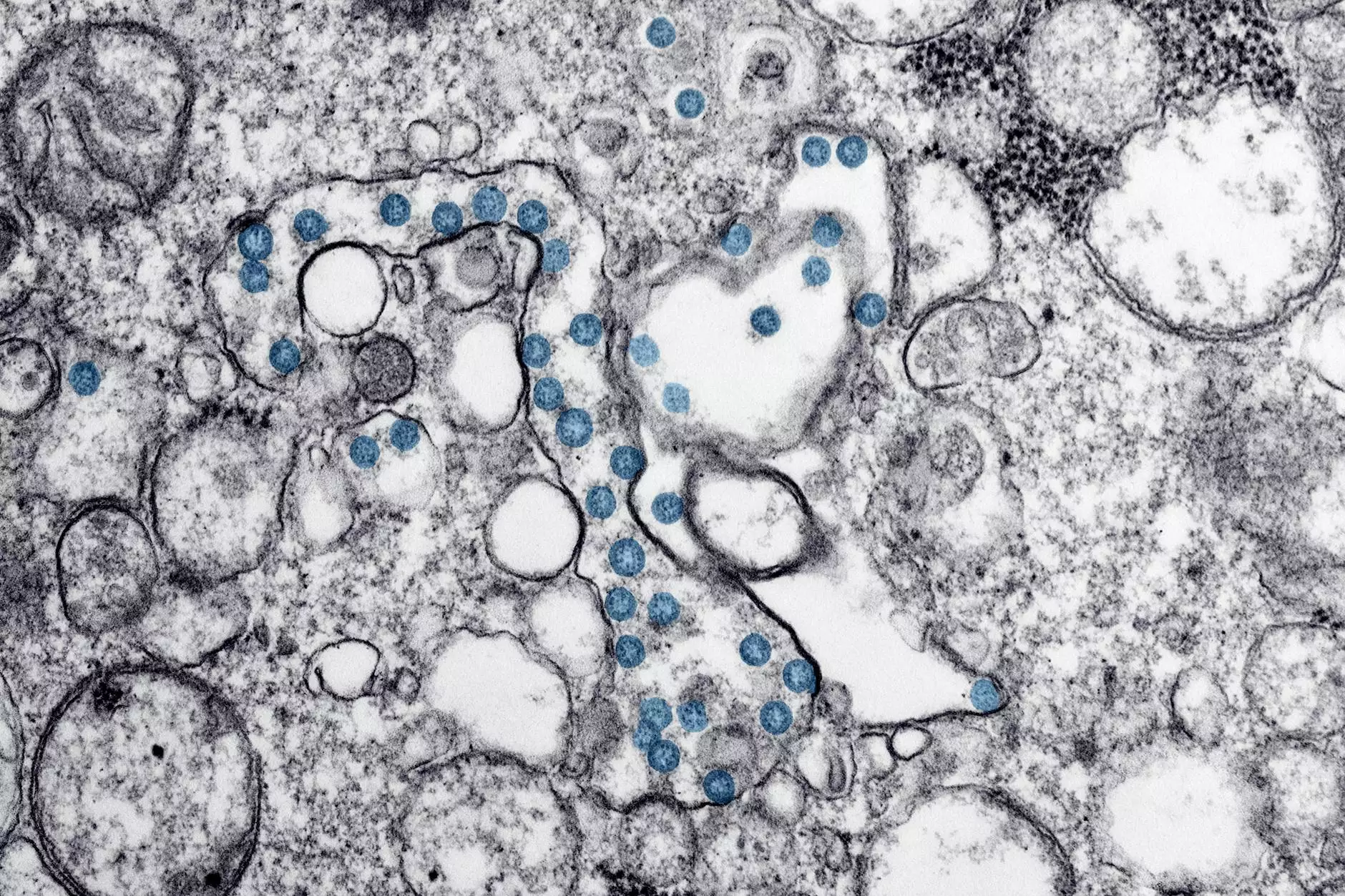Round Two for Virginia's Proposed Nonpoint Source Nutrient Credit Certification Regulation

Welcome to Richardson Law Firm PC, your trusted source for legal expertise in the Law and Government sector. In this article, we will provide you with an in-depth analysis of the round two of Virginia's proposed nonpoint source nutrient credit certification regulation.
Understanding Nonpoint Source Nutrient Credit Certification Regulation
Nonpoint source pollution refers to the contamination of water bodies, such as rivers, lakes, and groundwater, by substances like nutrients, sediments, and chemicals. These pollutants come from diffuse sources, making it challenging to regulate and control their impacts. To address this issue, states like Virginia have been working on implementing regulations that promote the certification of nonpoint source nutrient credits.
The Importance of Nonpoint Source Nutrient Credit Certification
Nonpoint source nutrient credit certification plays a crucial role in mitigating water pollution and maintaining the overall health of aquatic ecosystems. By certifying nutrient credits, regulators can incentivize businesses and landowners to adopt practices that reduce nutrient runoff, such as implementing effective fertilizer management techniques, agricultural best management practices, and stormwater management strategies.
Round Two: Proposed Changes and Implications
Virginia's round two of the proposed nonpoint source nutrient credit certification regulation aims to enhance the existing framework by introducing new requirements and addressing gaps identified during the implementation of the initial phase. Some of the key changes being considered include:
- Streamlining the Certification Process: The proposed regulation aims to streamline the certification process by providing clear guidelines, standardized documentation, and improved communication channels.
- Updated Performance Metrics: The new regulation would introduce updated performance metrics to assess the efficiency and effectiveness of nutrient reduction practices. This would ensure that certified credits accurately reflect the environmental benefits achieved.
- Expanded Eligibility Criteria: To encourage broader participation, the regulation would expand eligibility criteria to include additional nonpoint source sectors like urban stormwater runoff and wastewater treatment plants.
- Enhanced Monitoring and Reporting: The proposed changes would require more extensive monitoring and reporting of nutrient reduction efforts, allowing for better evaluation and refinement of certified credit programs.
Implications for the Law and Government Sector
The round two of Virginia's proposed nonpoint source nutrient credit certification regulation carries significant implications for businesses, organizations, and individuals operating in the Law and Government sector. Compliance with these regulations will require a nuanced understanding of the updated requirements, potential implications, and available opportunities.
As a leading law firm specializing in environmental law, Richardson Law Firm PC is well-equipped to guide clients through the complexities and changes associated with these regulations. Our team of experienced attorneys stays up-to-date with the evolving legal landscape and possesses the expertise to navigate the intricacies of nonpoint source nutrient credit certification.
Conclusion
In conclusion, Virginia's round two of nonpoint source nutrient credit certification regulation aims to improve water quality and protect the environment from nutrient pollution. The proposed changes have the potential to create a more robust and effective framework for certifying nutrient credits. As a trusted authority in the Law and Government sector, Richardson Law Firm PC is here to provide you with expert advice and legal support in understanding and complying with these regulations. Contact us today to learn how we can assist you.










